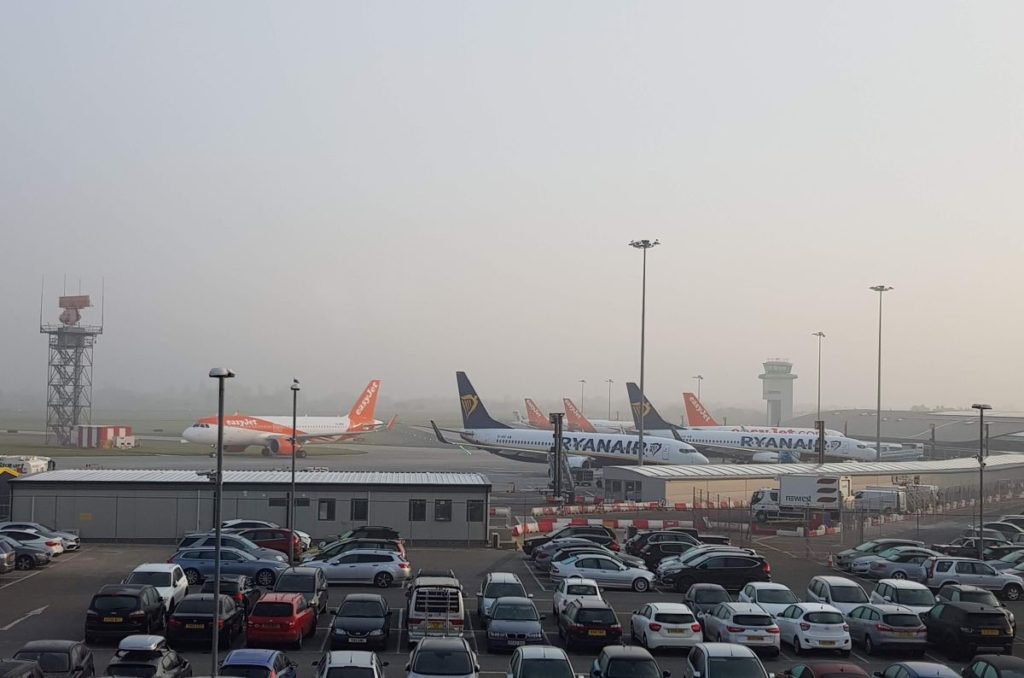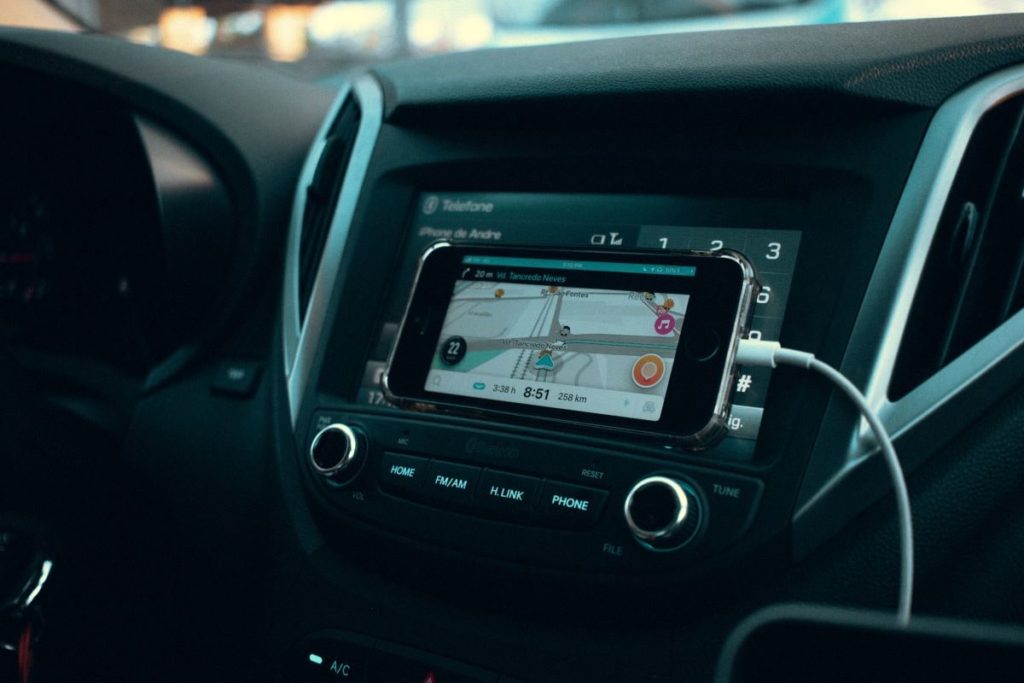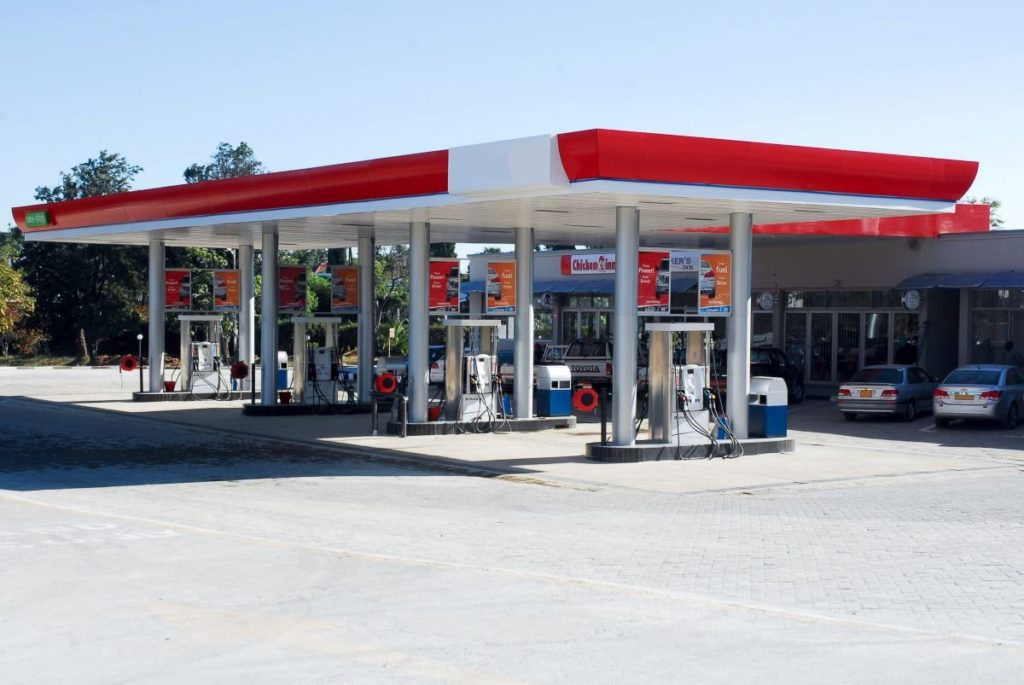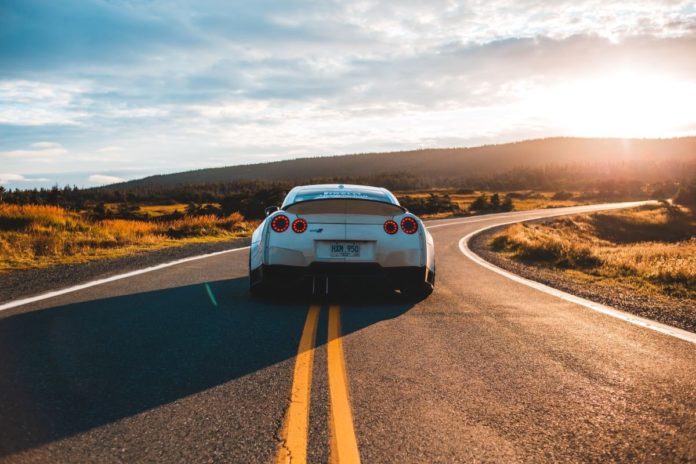Is there anything more liberating than the freedom of an open road when you’re on vacation? What better way to truly experience a new destination than navigating yourself from place to place? Renting a car can facilitate exciting day trips and generally broaden your horizons at your destination of choice.
Despite the benefits of renting a car, many of us are put off by rental car rules, how does renting a car work, worries over insurance coverage and mounting costs. This shouldn’t be confused with leasing, for example, a car lease Dubai is essentially a long-term agreement of 12 months or more, offering exclusive use of a vehicle for a set period and at a fixed monthly price.
Here we’ll cover everything you need to know to ensure you get the most out of your car rental experience.
When is the best time to rent a car?
People often want to know how far in advance to rent a car. The best time to book a rental car is at least 3 months in advance so options are plentiful. It’s possible that if you reserve a lower-cost car in advance you’ll be offered an upgrade at a bargain price when you pick up your keys. This is particularly true of busy periods where rental agencies need to manage their inventories. Avoid holidays, though, as prices tend to rocket during the peak periods.
READ MORE: Here’s our guide to packing a bag for a short trip

What do you need to rent a car?
It’s important to check the details with your car rental agency when renting a car, but the good news is that the requirements are not too demanding. Generally, all you’ll need is a valid driver’s license, a payment method and to meet the age requirements. These vary by country and are dependent on the rental company’s own rules.
If you’re planning on renting a car in a foreign country, you may need an IDA-issued international driving permit. Some car rental companies require customers to have an IDP, so be sure to check before your trip.
You can usually get an IDP from your local auto club, or you can get one online. The process is typically quick and easy, and once you have your IDP, you’ll be able to rent a car in most countries worldwide.
What should you do about insurance?
Many of us are tempted to take up the insurance offered by the rental company when renting a car for fear of being landed with a huge fine in the event of an incident. Our number one tip here is to check your personal car insurance first. If you’re travelling domestically, and have “full coverage” it’s likely that your rental is already covered.
A second tip is to contact your credit card company as some form of car rental insurance is often provided as a card benefit. Just remember that you’ll have to use that specific card when renting a car.
Don’t add kids as additional drivers

Whilst it might sound like a great idea to split some long-distance vacation driving with your driving-age kids, it’ll be more damaging to your wallet. Even if your son’s driving record is squeaky clean, if he’s under 25 there will probably be an extra fee. Whilst it’s possible to rent a car at 20 or 21, extra costs will be applied by car rental services to everyone under 25 so keep any youngsters off the additional-drivers list to keep the costs down.
Even with kids taken off the list, you should aim to keep the number of additional drivers to a minimum when renting a car. Even if they never get behind the wheel, there’s a daily fee for each additional driver for the duration of your rental period. The good news is that some companies may waive this fee for spouses or domestic partners or if the rental is for corporate purposes.
Don’t rent at the airport
It may be convenient, but picking your car up at the airport will almost certainly cost you more. Car rental services pass the airport fees they are obliged to pay on to the customer. If you’re concerned about costs, when renting a car take a taxi or use public transport to get to a rental company that’s not located on airport grounds, it could save you a pretty significant sum.

Stay on the tarmac!
Keep within your car rental rules. Whilst your vacation might feel like the best time to have some excitement, try to have your adventures once you’re out of the car. Most car rental rules will not allow you to take your car off-road. This sounds pretty reasonable, but bear in mind that off-roading does not just equate to rally driving on dirt tracks. Driving on a beach or even grassy land could violate your rental agreement and if that happens to be the inopportune moment you get stuck, the fees for rescue and clean-up will be billed straight to you.
Bring your own add-ons
The rental agencies are going to offer you add-ons left, right and centre. Add-on GPS here, satellite radio there and why not buy an electronic toll pass before you start out?

When renting a car, you could bring many of these extras yourself if you’re prepared. Use your maps app on your phone for navigation (many offer offline maps if you download them with a wifi connection). Bring your own music and speaker if your road trip won’t be the same without your own tunes.
Do your own refills
Your wonderful vacation is over. All that’s left is to do your rental car return and check-in for your flight home. The fuel tank is empty, but that’s okay, the rental agency has kindly offered to fill it for you. Is this convenient? Absolutely! Is it a good value? Absolutely not! The rental company could be charging you up to four times the standard price per gallon.

To avoid time-pressured situations (if you have to catch a flight, for example), look out for gas stations near the rental shop when you’re picking the car up at the start of your vacation.
Renting a car
Follow our tips and renting a car for your vacation doesn’t need to be spiralling out of extra costs. Get your vehicle booked and hit the road for the trip of a lifetime.

